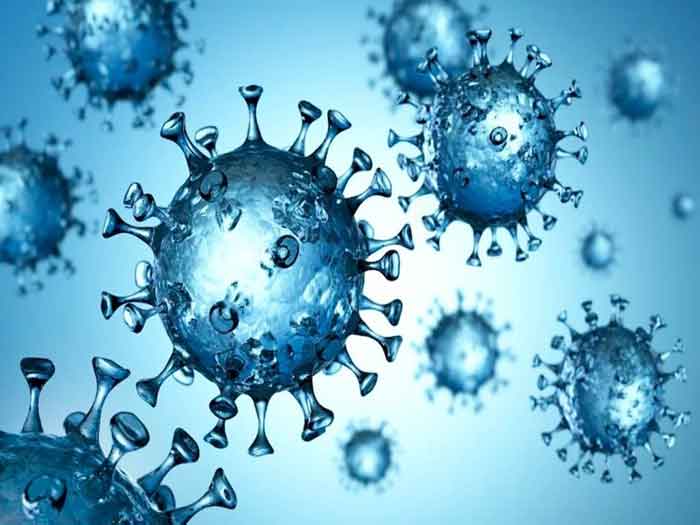
Cholesterol is necessary for survival, but too much cholesterol may be increasing your risk for Covid-19 at the cellular and biochemical levels. Cholesterol on the cell surface makes ACE2 readily accessible to SARS-CoV2 for cell entry, a specialized source published.
Washington.- According to the Journal of Biological Chemistry, SARS-CoV-2 uses the receptor angiotensin-converting enzyme 2, or ACE2, to infect human cells.
ACE2 is like a doorknob; when SARS-CoV-2 grabs it and maneuvers it precisely, this allows the virus to open a doorway to the cell’s interworking and step inside.
Scott Hansen, an associate professor of molecular medicine at the University of Florida Scripps, discovered that cholesterol clusters make up that door. His team published their work in the Journal of Biological Chemistry.
After completing studies using cutting-edge technology like super-resolution microscopy, his team showed that cholesterol on the cell surface makes ACE2 readily accessible to SARS-CoV2 for cell entry.
Scott Hansen, associate professor of molecular medicine at the University of Florida, recalled that our cells have a protective coat of lipids, or fat, that keeps out invaders and bad molecules. Cholesterol is part of a place where nutrients come into the cell. I live in Florida; so we think of this mechanism as, if a hurricane is coming, you batten down the hatches after collecting resources. But this virus is sneaking in when you pull the door closed.
Early on in the Covid-19 pandemic, the elderly and people with chronic diseases such as hypertension, diabetes, Alzheimer’s and cardiovascular diseases experienced more viral-related deaths. However, children seemed to be less susceptible.
Hansen hypothesized that part of this phenomenon was due to the high amounts of tissue cholesterol in populations with chronic disease. From 2017 to 2020, 86.4 million U.S. adults aged 20 or older had high or borderline high cholesterol in their blood.
Regular exercise with its increased heart rate and blood flow should reduce the cholesterol aggregates in the cell membranes.
In smokers with chronic disease, cholesterol in the lung tissue is elevated two-fold, a magnitude of change that dramatically increases infectivity of the virus in cell culture, Hansen said. (PL)





